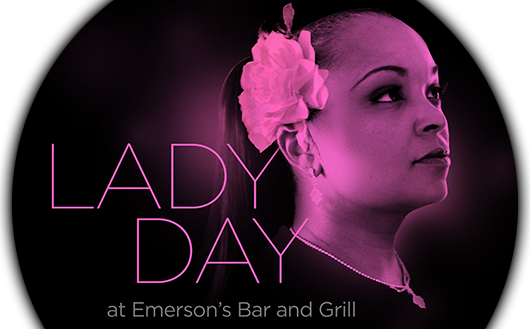January 15, 2018
Billie Holiday’s tragic life still resonates today
 Erin and I attended the opening performance of "Lady Day at Emerson's Bar & Grill," a moving tribute to the tragic life of jazz singer Billie Holiday, who is remembered today for classic renditions of "God Bless the Child" and the stark song condemning the racist lynching of black men she first recorded in 1939, "Strange Fruit."
Holiday was one of the most influential singers ever, whose influence crossed over jazz and blues to folk, R&B, rock and pop music.
"Lady Day at Emerson's Bar & Grill" is set in a bar in Philadelphia just months before her death in July 1959 from heart failure caused by cirrhosis.
Erin and I attended the opening performance of "Lady Day at Emerson's Bar & Grill," a moving tribute to the tragic life of jazz singer Billie Holiday, who is remembered today for classic renditions of "God Bless the Child" and the stark song condemning the racist lynching of black men she first recorded in 1939, "Strange Fruit."
Holiday was one of the most influential singers ever, whose influence crossed over jazz and blues to folk, R&B, rock and pop music.
"Lady Day at Emerson's Bar & Grill" is set in a bar in Philadelphia just months before her death in July 1959 from heart failure caused by cirrhosis.







 Johnson has been inspired by the work of hapa writer, filmmaker, artist, activist, standup comic and lifeguard (really)
Johnson has been inspired by the work of hapa writer, filmmaker, artist, activist, standup comic and lifeguard (really)  I've written before about
I've written before about 
